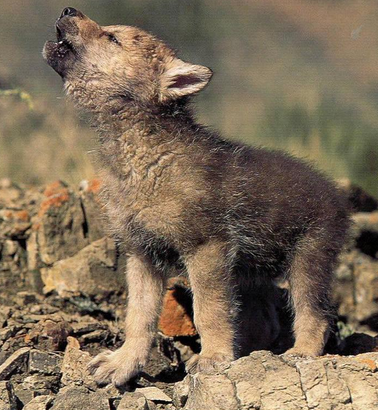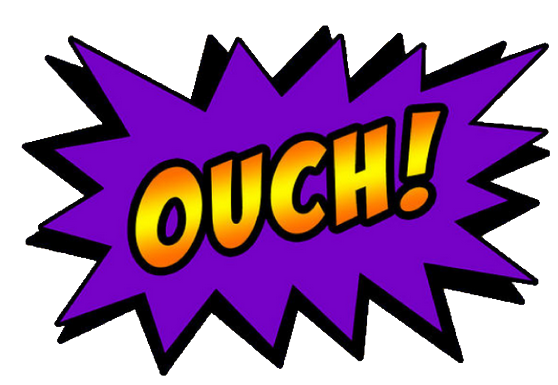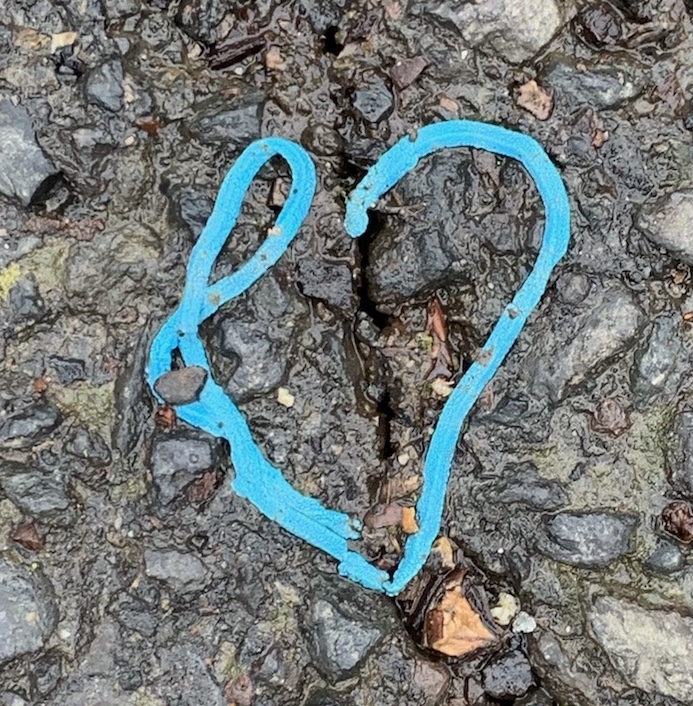
Have you ever let fear keep you from doing something? If that something is physically dangerous, then fear might be the first step toward your survival. But what if the something you’re afraid of can’t physically hurt you? What if the fear of it holds you back—keeps you from moving forward or enjoying life to its fullest?
Shortly after I started my first novel, I saw an ad for a weekly writer’s critique group. I knew instantly that it was just what I needed. Besides, what could it hurt? Still, I was terrified. In my experience, whether a group is friendly or hostile, reading your work in front of others is much like standing naked in front of a bunch of hecklers. The group was kind at first. They didn’t point out the scar on my ______ or the mole on my ______ or the fact that I’ve let my ________ go, so I joined. From that group, I learned a lot more about how to give and accept feedback than I did about writing. I also learned a little more than I care to admit about cruelty.
One day, after I finished reading, a man in the group (let’s call him Bob) said, “Let me know next time you’re bringing something to read, and I’ll bring a magazine to keep me busy.”

This, from a man who was writing a very looooong chronicle about the life of Job. But I shouldn’t have been surprised. He had recently thrown water into the face of a woman in a restaurant for the sin of talking on her cell phone. What he said to me seemed to erase anything positive I’d gotten from the group. Bob’s ugly opinion shook my own belief in my writing ability. After several weeks of being unable to write anything at all, I decided that type of critique was not helpful, and I didn’t go back. But why did I allow Bob’s opinion to crush my spirit? Why did I focus on what he said, rather than all the positive feedback I’d gotten?
Well, according to psychological theory, we all tend to focus more attention on the bad things that happen. Those are more likely to stick in our memories and be the basis for our decisions.
I remember reading the “Clan of the Cave Bear” series and being intrigued by the thought that we carry the memories of our ancestors with us. A few years ago, while doing research for a play, I stumbled across a theory about something called the Negativity Bias. Here’s my simplified version.

In prehistoric days, if you remembered which berries Uncle John ate before he died, or which cave the saber-toothed tiger kept her cubs in, or which valley had no crevices to hide in, you just might live long enough to pass that knowledge down to your kids. The people who forgot to fear those things didn’t survive. Those with the scariest memories lived the longest. Those are the people we come from. Those memories live somewhere in our brains. We call them instinct.
Some scientists believe that the amygdala portion of our brain, which regulates emotion and motivation, uses two thirds of its neurons to detect bad news. So, it’s searching for the negative stuff—even the negative stuff that can’t cause us physical harm (such as the comment Bob made about my writing). Even though that comment couldn’t cause me physical harm, it initiated a physical response.
Eventually, I had to let that feeling go. My love of writing and characters forced me to begin again. I never gave Bob another chance to come after me. That doesn’t mean I’ve never had another similar experience. I’ve had to shield myself from negative comments on everything from “bad” language, to subject matter, to story line, to edits, to which points of view I should or shouldn’t use.
Every time it happens, it shakes me a little. My heart pounds. I start to sweat. I get defensive. I begin to doubt myself. I wonder if I should be writing at all. Then I remind myself that a mama saber-tooth is not coming after me. It’s just an opinion, and opinions can only hurt us if we let them.
No matter what, I have to keep writing.
Please keep reading.



Leave a Reply